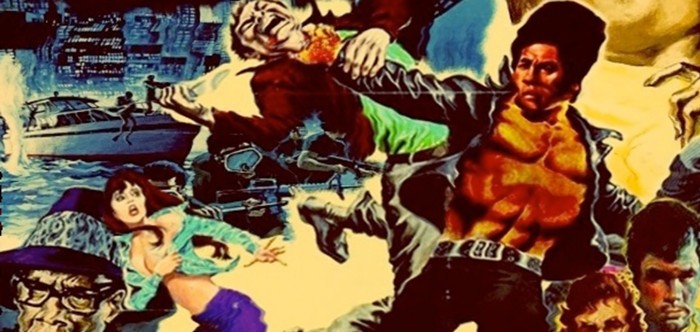"I WOULD SAY that music is the easiest means in which to express, but since words are my talent, I must try to express clumsily in words what the pure music would have done better."
The above quote doesn't belong to Jason Isbell. It came from the not-so-clumsy hand of another Southern scribe, William Faulkner. Yet in the famed author's longing for "pure music," Faulkner's words apply to Isbell, the unassuming songwriter best known as the man who fled the Drive-By Truckers at their glorious peak, and who has since struggled to find balance on the tightrope that stretches between his words and his music.
To date, Isbell has three solo recordings tucked under his belt. That's equal to his stint in the Drive-By Truckers—a role he cultivated first as their baby-faced guitar-slinging phenom, then as shared songwriter, and eventually as the best thing that ever happened to that band. The Truckers were always Patterson Hood's vehicle, with Mike Cooley filling in the gaps, but the arrival of the then-22-year-old Isbell revitalized the band, helping them evolve from a tongue-in-cheek bar act with a harmless, yet oft-embarrassing back catalog (Gangstabilly, anyone?) to the last living Southern rock band worth a damn.
But then Isbell left, taking the band's consistency with him. Even the most stringent DBT fan would have a hard time claiming that any of their three post-Isbell recordings—Brighter Than Creation's Dark (2008), The Big To-Do (2010), Go-Go Boots (2011)—could compare to his output with the band. As it stands now, disarmed of Isbell in their three-guitar lineup, DBT is mired in their very own late-era Replacements period, creating perfectly acceptable music that is a mere shell of their former selves.
Yet in this (quite literal) divorce—Isbell's ex-wife Shonna Tucker is also DBT's bassist—the Truckers weren't the only ones left damaged. Isbell's solo career hasn't exactly set the world aflame. His solid debut Sirens of the Ditch came covered in the fingerprints of his past—with Hood acting as producer and his former wife on bass—yet still features a few of his finest songs to date ("Brand New Kind of Actress" and the emotionally stirring ode to a fallen solider "Dress Blues").
Leaning more on its supporting cast, his backing band the 400 Unit, 2009's Jason Isbell and the 400 Unit was weighed down with directionless rock songs that seemed out of character for Isbell, whose previous work was a masterful example of liner-note poetry. As a whole, the album felt disjointed, if not rushed, and a far cry from the crisp Muscle Shoals sound of his previous work. Unable to establish steadier footing as a solo artist, Isbell took an extended furlough in Northern Alabama to write Here We Rest, his third solo disc and the first that lives up to his potential.
Named in honor of Alabama's Reconstruction-era motto, Here We Rest is very much the product of Isbell's home state. When Isbell sings of the South—specifically on acoustic opening number "Alabama Pines"—he makes you want to shutter your current existence, pile your possessions in an ancient pickup truck, and head past the Mason-Dixon line for good. "Alabama Pines" is as wonderful a homecoming song as you'll find anywhere, and its mirror image, "Tour of Duty," bookends the album as the closing track. Unlike the soldier in "Dress Blues," who returned home in a flag-draped pine box, the protagonist of "Tour of Duty" is overcome with appreciation for his return, basking in the simple pleasures that we all too often take for granted ("We'll laugh like little children telling secrets/Probably cry like old women drinking gin/'Cause I've done my tour of duty and now I'm home and I ain't leaving here again").
Isbell's frayed, down-South roots are on full display on "Codeine," as he sings of his own misanthropy over a fiddle's tempered howl ("If there's one thing I can't stand it's this bar and this cover band/Trying to fake their way through 'Castles Made of Sand'") and later succumbs to his own heartbreak ("Darlin' I'm not one to judge/But if I was then I'd say you don't look so good/Got no answers of my own but with you gone the place looks bigger than it should").
The song is one of the many moments of pure splendor on Here We Rest, and Isbell is no longer the marooned songwriter still anchored to his past. This is the moment where he erases himself from another band's story and writes his own future.



















